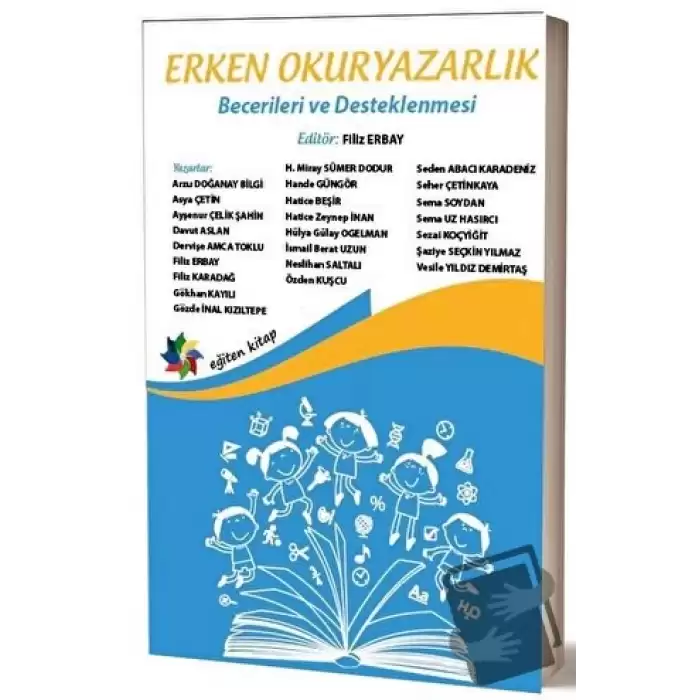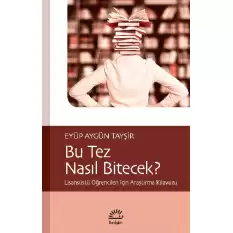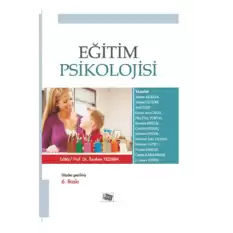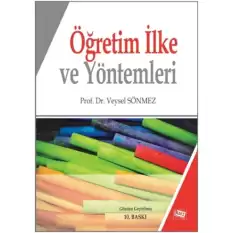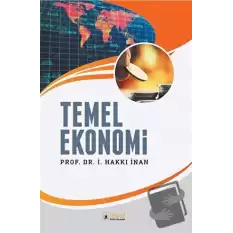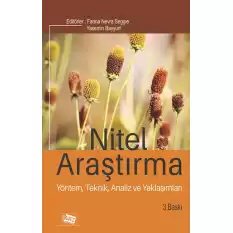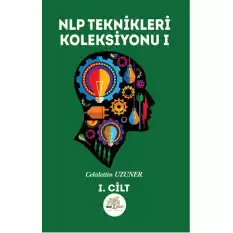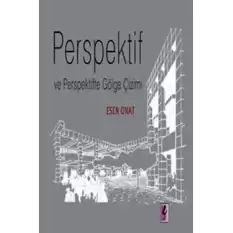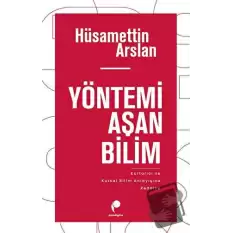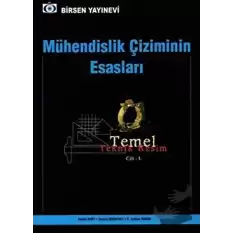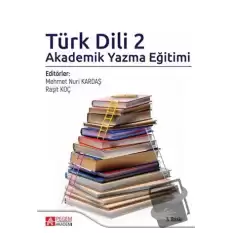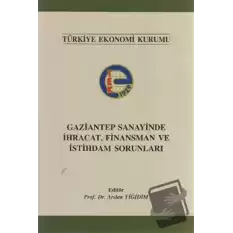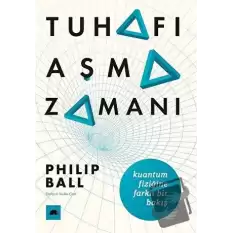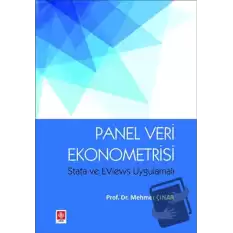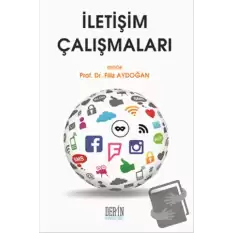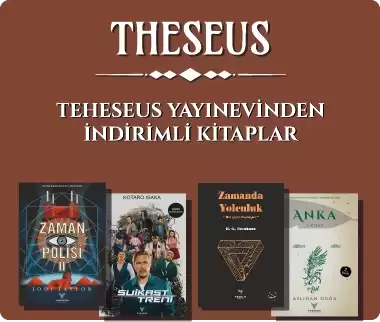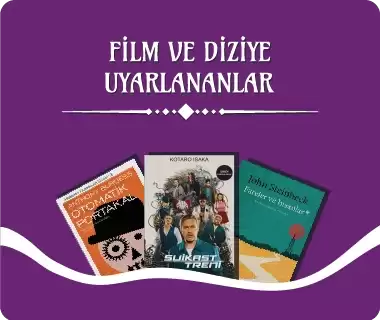One of the primary functions of a society is education of its young. Parents are children's first and most important teachers, but in our technological world, schools play a critical role. Reading is the most important ability that schools develop; it is of foundational importance for participation in our 21st century world. For decades educators have sought to devise methods of teaching reading that ensure that all children acquire the needed skills, yet success has been elusive in many countries, including the United States and Turkey. The Programme for International Assessment (PISA) tracks the success in countries around the world. In its most recent report in 2018, it found that Turkey made astounding gains in mathematics, but none in reading (Schliecher, 2019).
Why is so difficult to make substantial gains with reading instruction? There are three answers to this profoundly difficult question. First, reading is a complex process that we only recently are coming to understand. Second, development of the reading ability required to function in our complex world draws on language and cognitive capacities that are nourished both in homes and in schools, with the foundations for later success being laid before children begin formal education. Third, our pedagogical approaches do not fully incorporate the knowledge we have gained about the reading process and the most efficient ways to speed its development. This volume, Erken Okuryazarlık Becerileri ve Desteklenmesi, advances understanding in Turkey of the early phase of literacy development that is of fundamental importance because it sets the stage for acquisition of advanced reading ability.
Decades of research have clearly established that reading draws on code-based skills that include phonemic awareness, and the basic knowledge and strategies needed to associate letters with sounds and words. It also is well established that language is the critical determinant of the ability to read and write complex texts (Dickinson & Morse, 2019). These language abilities include vocabulary, ability to understand and use sophisticated syntax, and to understand and produce discourse of varied kinds. Each of these aspects of reading are addressed in this book, ensuring scholars and educators are provided a balanced introduction to early reading.
The focus on early reading is very important. Language skills and reading ability at the end of the early grades are highly predictive of long-term reading. But the language abilities needed for successful reading are first fostered in homes. Parents who are well educated and affluent typically offer the type of support for the skill children require for school success, but those with limited education and resources often are iv less successful. An analysis of data from the 2018 PISA study found that "the 10% most socioeconomically advantaged students outperformed their 10% most disadvantaged counterparts in reading … [by] the equivalent of over three years of schooling (p.5, Schliecher, 2019). Recognition of this fact should alert policy makers and educators to the need for efforts to offer early support for reading-related skills to these populations. Energetic steps are needed to target immigrants, parents with limited educations, those whose first language is not Turkish, and those with special needs. They depend on schools and community programs to offer children the experiences and instruction their children require.
This volume is rich with guidance for translating scholarly knowledge into pedagogy.
Ele alınan konuların temel fonemik farkındalık ve kod çözme becerilerini içermesi ve aynı zamanda dil ve yazma, her ikisinin de erken sınıflarda genellikle ihmal edilmesi gerçeği özellikle önemlidir. Ayrıca, bir bölüm, sınıflarda genellikle eksik olan oyuna değinir, ancak bu, dil oluşturmanın çok etkili bir yolu olabilir. Bu konuya yalnızca bir bölüm ayrılmış olsa da, umarım eğitimciler tüm öğretimlerine eğlenceli unsurları dahil etmeye çalışırlar.
Erken Okuryazarlık Becerileri ve Desteklenmesi, teori ve pratiğin karışımı, genişliği ve erken okumayı desteklemek için gereken içeriği dengeli bir şekilde kapsaması ile hem okuryazarlığın nasıl geliştiğini hem de nasıl geliştirilebileceğini anlamak isteyenler için güçlü bir temel sağlar.
Doktora David K. Dickinson / ABD


